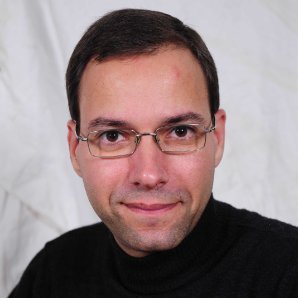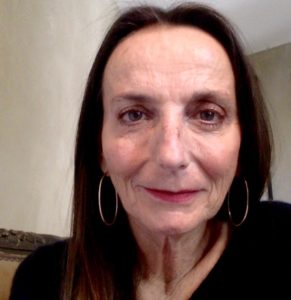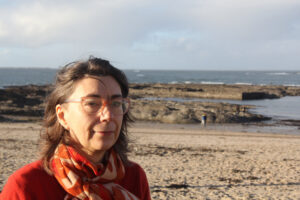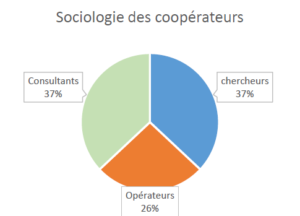 JEAN GAUDART is a doctor, specialist in Public Health and Professor in Biostatistics. His research focuses on analyzing the spatio-temporal dynamics of epidemics, particularly malaria and cholera. In particular, he developed mathematical models to assess the relationship between transmission, especially malaria, and various factors such as the environment, economic behaviour and mobility.
JEAN GAUDART is a doctor, specialist in Public Health and Professor in Biostatistics. His research focuses on analyzing the spatio-temporal dynamics of epidemics, particularly malaria and cholera. In particular, he developed mathematical models to assess the relationship between transmission, especially malaria, and various factors such as the environment, economic behaviour and mobility.
He has been working closely for about 16 years with the Malaria Research and Training Centre (MRTC) in Bamako, Mali (Pr Ogobara Doumbo), and he currently leads the Epidemic Dynamics and Territory research axis within the UMR912. He is also responsible for a Master’s degree in Public Health, Societies, Developments (Aix Marseille University, distance learning), with nearly 60 students per year, and is a PhD supervisor for doctoral students from many countries (Mali , Burkina Faso, Senegal, Togo), in collaboration with local research partners.

MARC LESCAUDRON is currently evaluator and trainer within Prospective & Cooperation. He managed capacity building programmes for local actors in Western Africa, in the Mediterranean and in Latin America during 14 years. Within this context, he was in charge of feasibility studies, programmes’ conception and supervision.
He has a Masters’ Degree in International Relations History from the Sorbonne and the Universidade Federal da Bahia (Brazil), a Masters’ Degree in Organisations of Development’s Sociology from the IEDES (Institute for the Study of Economic and Social Development of the University of Paris 1 Sorbonne) and a Master’s Degree in Humanitarian Action and Law from Aix-Marseilles-University.
He is a lecturer in Project Management and evaluation at Aix-Marseilles University (2009-2020), at Politics studies Institute of Grenoble (2014-2020) and at the Sorbonne- IEDES (2007-2016).
Finally, he sponsored and led evaluations for several NGO (Non-Governmental Organization) and international organisations in Africa, in the Mediterranean and Asia.
Marie LEPINE is a doctor, specialist in psychiatry. She has been in charge of the medical management of various pedo-psychiatric structures in the social and medico-social fields. She has also been working on addictions within various care structures, including one in Sfax, Tunisia. She was teaching this subject at the Faculty of Marseilles. She is now practitionner in the same field attached to the Assistance Publique-Hôpitaux de Marseille in prison. She practiced as a certifying doctor for requests of “sick foreigner” residence permit for the ARS. She was in charge of the technical reference for an action to strengthen national mental health skills in Nouakchott, Mauritania, from 2009 to 2014.
Caroline BODIOU is a Human Ressources manager at Aix-Marseille University since 2014 where she is in charge of carrier management and financial management of AMU staff. She was a skills assessment trainer for an audience in career transition. She volunteered for humanitarian associations in France and Nepal. She also worked in commercial companies as financial management and multimedia account manager. She has a master’s degree in business management.
Bénédicte GASTINEAU is a demographer at the Research Institute for Development (IRD). She is a member of the Population Environment Development Laboratory (LPED, Aix-Marseille University – IRD, UMR 151) that she manages (2018-2023). She teaches demographic analysis within the Masters of Mathematics Applied to Social Sciences at Aix-Marseille University as well as at the Catholic University of Madagascar.
Her research mainly focuses on demographic dynamics in rural African areas (Tunisia, Madagascar, Benin) where access to natural resources is constrained. It analyzes changes and permanence in the demographic behavior of households and individuals (fertility, migration, co-residence, etc.) through the prism of gender relations in particular. She is also interested in the links between demographic (de)growth and climate and environmental change at the global level.




